Published Jul 20, 2015
Robot Caretakers? What Could Go Wrong?
Robot Caretakers? What Could Go Wrong?
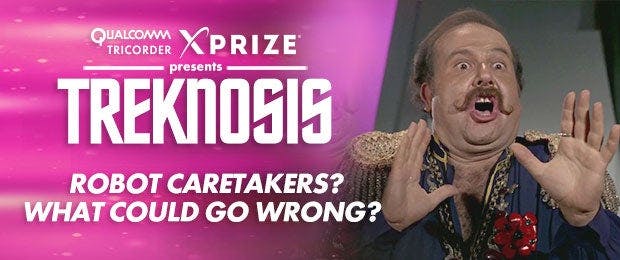
Caretaker robots are coming. It may not be right away, but a future where we live with a robot that helps us get up off the couch, fetches drinks, and answers the door will be here someday. And that's the future the ACCOMPANY project (Acceptable robotiCs COMPanions for AgeiNg Years) is working toward.
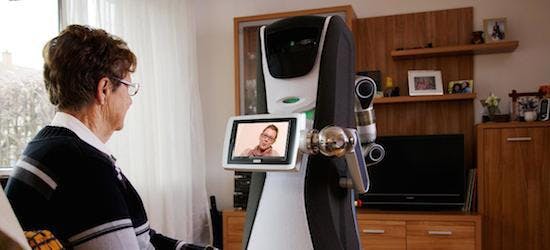
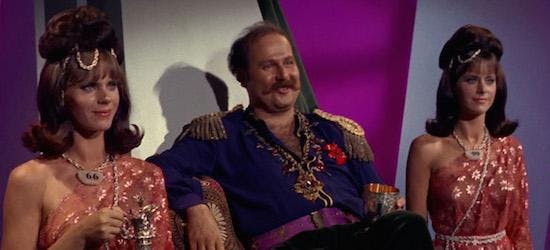
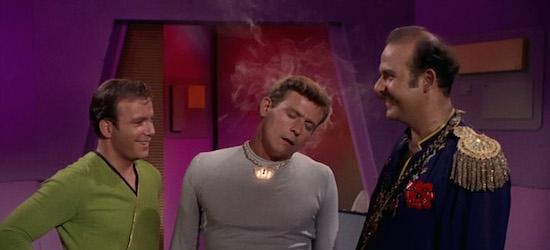
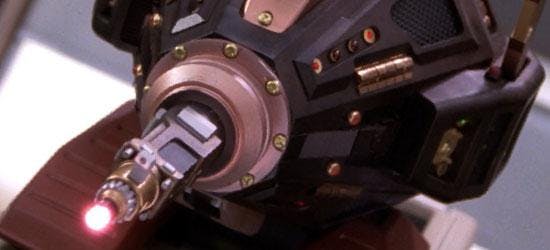
Jon Sung is a contributing writer for XPRIZE and copywriting gun-for-hire to startups and ventures all over the San Francisco Bay area. When not wrangling words for business or pleasure, he serves as the captain of the USS Loma Prieta, the hardest-partying
fan club in San Francisco.
XPRIZE is an innovation engine. We design and operate prize competitions to address global crises and market failures, and incentivize teams around the world to solve them. Currently, we are operating numerous prizes, including the $30M Google Lunar XPRIZE, challenging privately funded teams to successfully land a robot on the Moon’s surface, and the $10M Qualcomm Tricorder XPRIZE, challenging teams around the world to create a portable, wireless,
-inspired medical device that allows you to monitor your health and medical conditions anywhere, anytime. The result? Radical innovation that will help us all live long and prosper.




